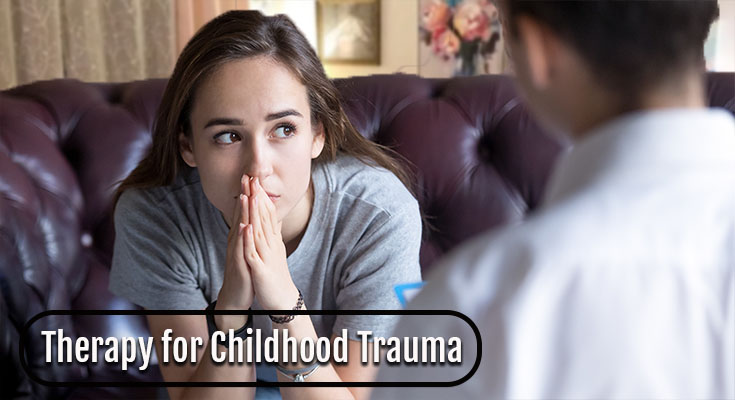
Therapy for Childhood Trauma
Childhood trauma can cast a long shadow over an individual’s life, impacting emotional, psychological, and even physical well-being. Fortunately, therapy for childhood trauma offers a crucial pathway toward healing and recovery from these deep-seated wounds. Guided by skilled therapists, individuals can confront, process, and ultimately transform their traumatic experiences, fostering resilience and reclaiming a sense of agency over their lives.
Childhood trauma encompasses a range of experiences, from neglect and abuse to witnessing violence or undergoing significant disruptions like loss or divorce. The effects of such trauma can be profound and enduring, often leading to emotional dysregulation, trust issues, anxiety, depression, and other psychological challenges. If these issues are left unaddressed, these experiences can affect relationships, academic and professional pursuits, and overall quality of life.
Types of Therapy for Childhood Trauma
Therapeutic interventions for childhood trauma typically draw from evidence-based approaches such as Cognitive Behavioral Therapy (CBT), Eye Movement Desensitization …
Therapy for Childhood Trauma Read More
